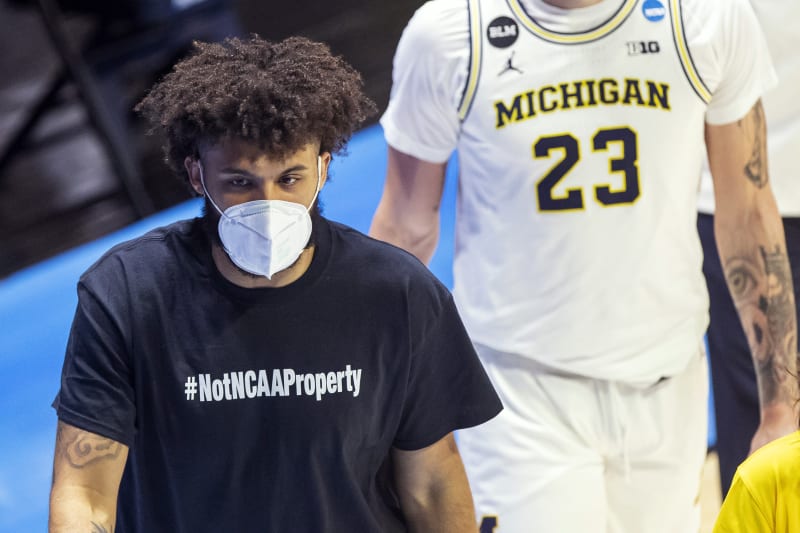scarletmike
Researching the Magic!
Interesting.
My first reaction would be to let the general endorsement money from apparel and TV contracts act as the platform for the lower players and let the free market work for the stars.
I don't know that the fear of abuse is what it once was or should even be a fear at all. If Billy Joe's used car mart in Alabama wants to pay a huge endorsement fee then let the IRS police it for you. The B1G schools, especially OSU can go toe to toe in that arena and probably surpass them.
I laid it out the way I did because that's the route I see for an equitable, easy to understand and enforce system that works for all sports and athletes/schools, not just the football and basketball stars. It allows the NCAA to say this is the framework, go outside the approved framework and you will be punished. I think this also allows the schools/NCAA to maintain a sense of amateurism and at least some academics to hold their noses and accept it a little more quietly since the school isn't paying them like employees. Especially for the local businesses, offer partnerships with the school's media programs for commercials and photoshoots, integrate these deals into their sports marketing/management programs. Let the fans drive the largest "free market" of earnings potential with the merch purchases while holding back the flood of "illicit" booster money by regulating endorsements/business gifts with set rates and policies. If the star QB is driving around a fully loaded Benz from the dealership owned by a booster, that has to fit within the policies around endorsements/gifts, or be bought properly. Such a system should make it easier to suss out if things are being done on the up and up, while allowing the players to recognize a good portion of their value while in school. The only place where it gets a little sticky is where exactly the players' cut comes from, and it would likely be a mix of slightly increased merch prices, a point or two off the school's take, and a point or two increase in the licensing fee.
I agree that B1G schools have the boosters to go toe to toe with the SEC schools on that front, but you'll still see questionable transactions (i.e. it won't just be the Olympic gymnast getting a big endorsement fee, it will also be her/his friend they're trying to help/recruit, etc.) if you open it up to a relatively blank canvas framework. I'm not necessarily worried about it, but I don't think it's helpful in the larger picture with how this is all viewed and accepted. Heck, this kind of framework might even encourage a little more fan support of the smaller non-rev sports and drive higher interest, which can in turn further help the AD by getting the non-rev athletes out there in front of the community via ads (maybe they can charge $5 for men's volleyball matches with higher engagement/interest, lessening the team impact on the budget or letting them provide a better athlete experience). I haven't really thought about it at a micro level, but from the Goodyear Blimp, the view looks pretty manageable and positive across the AD to me with that kind of system.
Upvote
0



